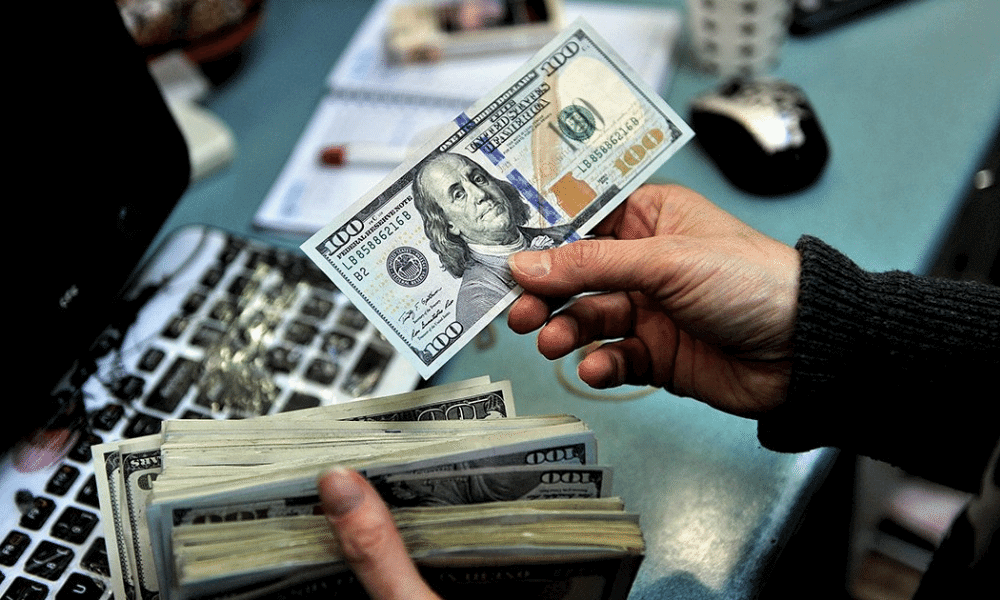
(Investing.com) The U.S. dollar has largely held on to last week’s gains, with traders fretting over the potential of a war in Eastern Europe as well as high inflation and potentially aggressive Federal Reserve interest rate hikes.
At 2:55 AM ET (0755 GMT), the Dollar Index, which tracks the greenback against a basket of six other currencies, traded 0.1% lower at 96.040, having climbed sharply at the end of last week.
White House National Security Adviser Jake Sullivan said in an interview with CNN on Sunday that a Russian invasion of Ukraine could begin any day.
"We cannot perfectly predict the day,” he said, “but we have now been saying for some time that we are in the window, and an invasion could begin -- a major military action could begin -- by Russia in Ukraine any day now.”
This has boosted the so-called safe-haven currencies, with USD/JPY down 0.1% to 115.36 from a five-week high of 116.34 last week.
On the flip side, EUR/USD was largely unchanged at 1.1349, well below last week's high of 1.1495, while the risk-sensitive AUD/USD was down 0.2% at 0.7120, well below last week’s levels.
Additionally, USD/RUB fell 0.8% to 76.5920, with the ruble paring losses after earlier slumping to a two-week low. While these geopolitical tensions are weighing on the Russian currency, the country’s central bank on Friday delivered its third 100 basis-point interest-rate hikes in less than a year, adding support.
This volatile situation adds to reasons to support the dollar, after hotter-than-expected U.S. inflation data last week raised expectations that the Federal Reserve will start tightening its monetary policy with a 50 basis point interest rate hike in March.
San Francisco Federal Reserve Bank President Mary Daly tried to rein in such expectations on Sunday, saying that being too "abrupt and aggressive" with interest rate increases could be counter-productive to the Fed's goals.
However, these views could be countered this week with Fed speakers out in force. St. Louis Fed’s Bullard and Cleveland Fed President Loretta Mester are to speak on Thursday.
On Friday, Fed Governor Lael Brainard speaks, as do New York Fed President John Williams, Fed Governor Christopher Waller and Chicago Fed President Charles Evans.
Additionally, Wednesday’s minutes from the Fed's January meeting will be scrutinized for any indications on how big a move officials are contemplating.
“In advance of what could be a very aggressive Fed tightening cycle, we remain bullish on the dollar,” said analysts at ING in a note. “Currently we would favour that strength being played out selectively.
But were Fed tightening to get out of hand, raising fears of recession, we would expect the dollar to rally more broadly.”